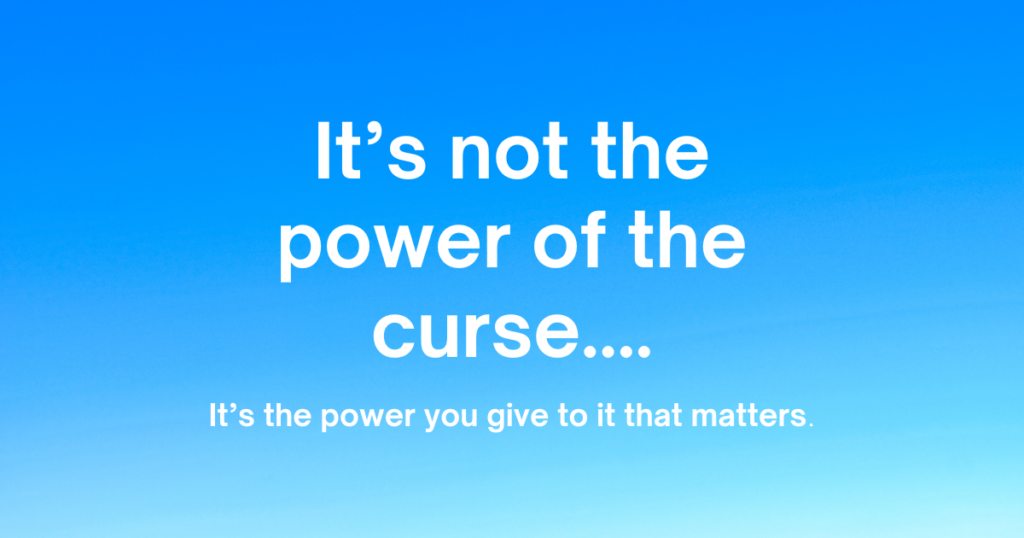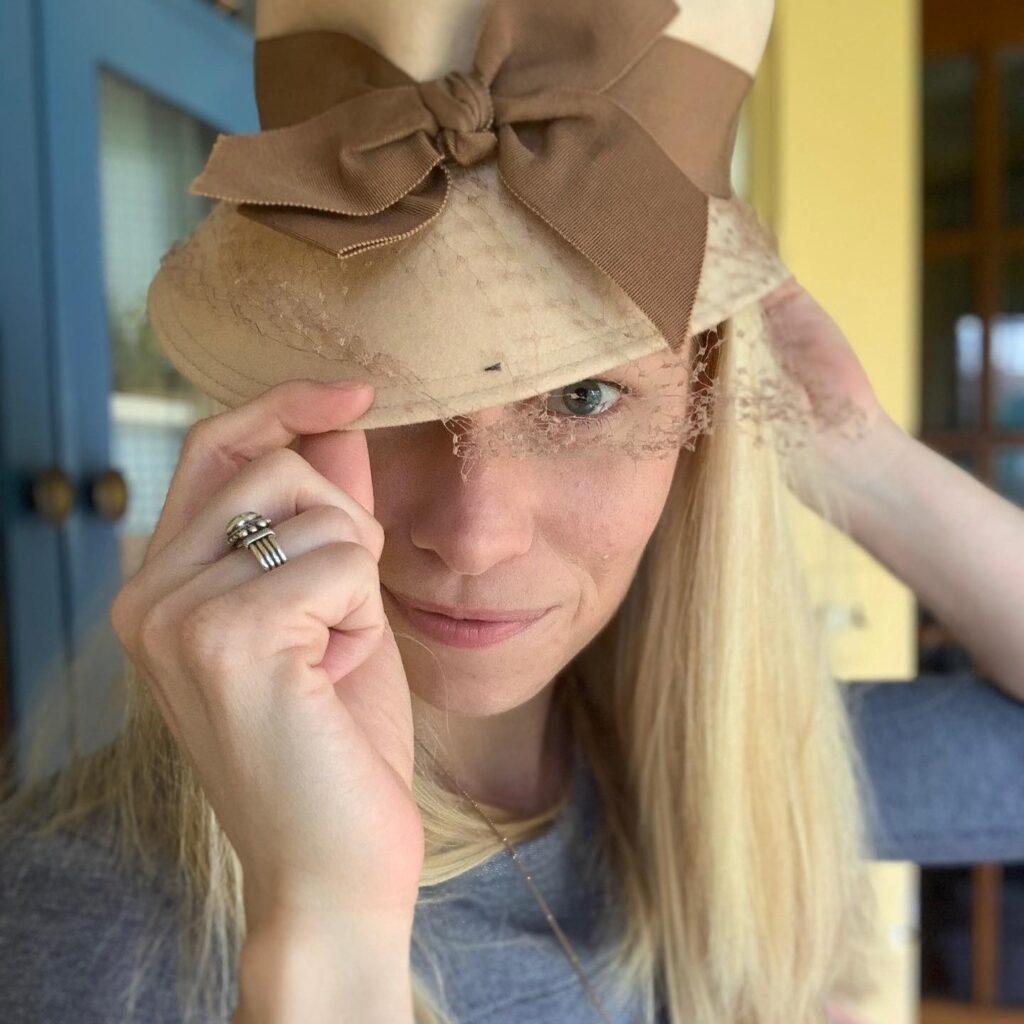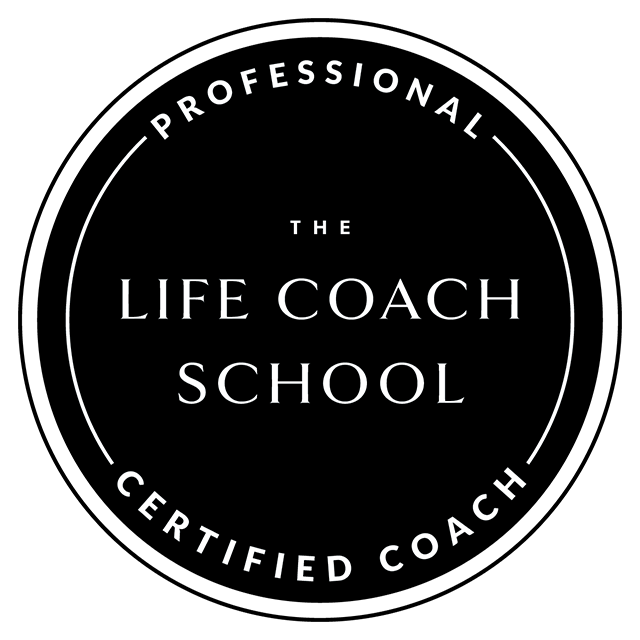When I was around the age of 34, my jaw locked up on me and I could only eat and drink out of a straw. I survived on smoothies for months.
I was sent to a TMJ specialist and then to a sleep study to diagnosis what might be going on while I slept. Besides the usual suspects, like sleep apnea, they wanted to know how I was sleeping and if my mouth posture and teeth griding were creating the tmj lockjaw.
I started counseling to deal with some stress issues I realized I wasn’t managing well. I went to tmj therapy three times a week. I added an arsenal of holisitc specialists to my routine, and about a year later, my jaw finally started unlcoking and I put together a maintenace protocol that I still follow to this day to keep another jaw lock situation at bay.
But the biggest revelation through this over year long ourney didn’t have anything to do wtih my jaw.
It was from the sleep study.
I recall it like yesterday–the sleep Dr walked into the room and calmly put his chart down and looked at me, “Your sleep analysis was excellent. You sleep really well and your brain rhythms are following the healthy cycles just like we want to see with no markings for any concerns around breathing or teeth grinding obstruction issues….but has any Dr ever talked to you about your Idiopathic Hypersomnia?”
My what now?
Not only had I never heard of the word he spoke, but it came so out of left field that I had to get my bearings. I wasn’t prepared to go in for one issue and instead find another.
But those few words were life-changing and life-giving.
Suddenly, my whole life made sense.
Idiopathic Hypersomnia (referred to as IH moving forward) is a cousin to narcolepsy, but is actually a very different nueorological condition. It’s not sudden sleep attacks or cataplexy– It’s constant fatigue and brain fog that isn’t cured with a healthy sleep cycle or filling in supplementation gaps or eating different foods; it’s never waking up rested despite 8 quality sleep hours; it’s daily depressive and anxious thoughts that come from an overwhelmed and tired brain. I like to describe my life like this: I’ve never not been tired. I just remember being alive and tired all at the same time. It’s like I’m permanently stuck on a weekend bender of too much caffeine and zero sleep studying for a college exam, feeling moody and depressed and hopeles, with no end in sight. Good days happen, but they are rare, and with zero rhyme or reason.
But it never occured to me that I was legitimately dealing with something. That how I experienced life was unique. So instead, I just tried to keep up with everyone else. I deep-dived into health and wellness and always thought if I could dial in my schedule (grew obsessed in a healthy way with Dr Michael Breus’ ground-breaking book “the Power of When”) or fix my diet or drink enough water, yadyadyada I’d FINALLY fix me and feel alert and ready for life. Growing up in super health-conscious holistic circles with practitioners and experts surrounding me and seeing every expereeince as fixable through what you ate, drank, wore, or thought only created even more of the idea that feeling less than normal was a constant problem.
And so I developed self-judgment, comparison habits, and unhealthy thoughts about myself from a tired and weary mind constantly striving after “normalcy” that became engrained brain patterns I’m still dealing with today.
And mostly, I just tried really hard to be understood and accepted while wondering why everyone else always seemed better at being alive and successful while all I felt was like it could be possible for me if I just had a couple naps first. Always needed a nap.
So when the Dr told me, so casually, that there was in fact a reason why my body and mind functioned the way that they did, and it wasn’t my fault, I felt SO FREE.
My whole life suddenly made sense.
I wasn’t broken.
I wasn’t one step behind everyone else on a blind quest to constantly find my solution.
I was wired differently. I was who I was. And this diagnosis, brain synapisis wiring, was why I was me.
One of my favorite films is Penelope (a 2006 British-American fantasy comedy)- and there is a powerful quote from that film that has resonated with me since my brain diagnosis: “It’s not the power of the curse, but the power you give the curse.” And that about sums it up. Understanding who you are, and what you struggle with and WHY is the first part. Then, not making that WHO you are, but a part of what you experience, is where you go next.
There is so much hope when you realize that you aren’t alone, that the way you are does in fact make sense, and now you can just live your life and start enjoying you.
I coach from a place of understanding because all I ever wanted was to be understood. And now that I understand myself better, I can start liking myself.



